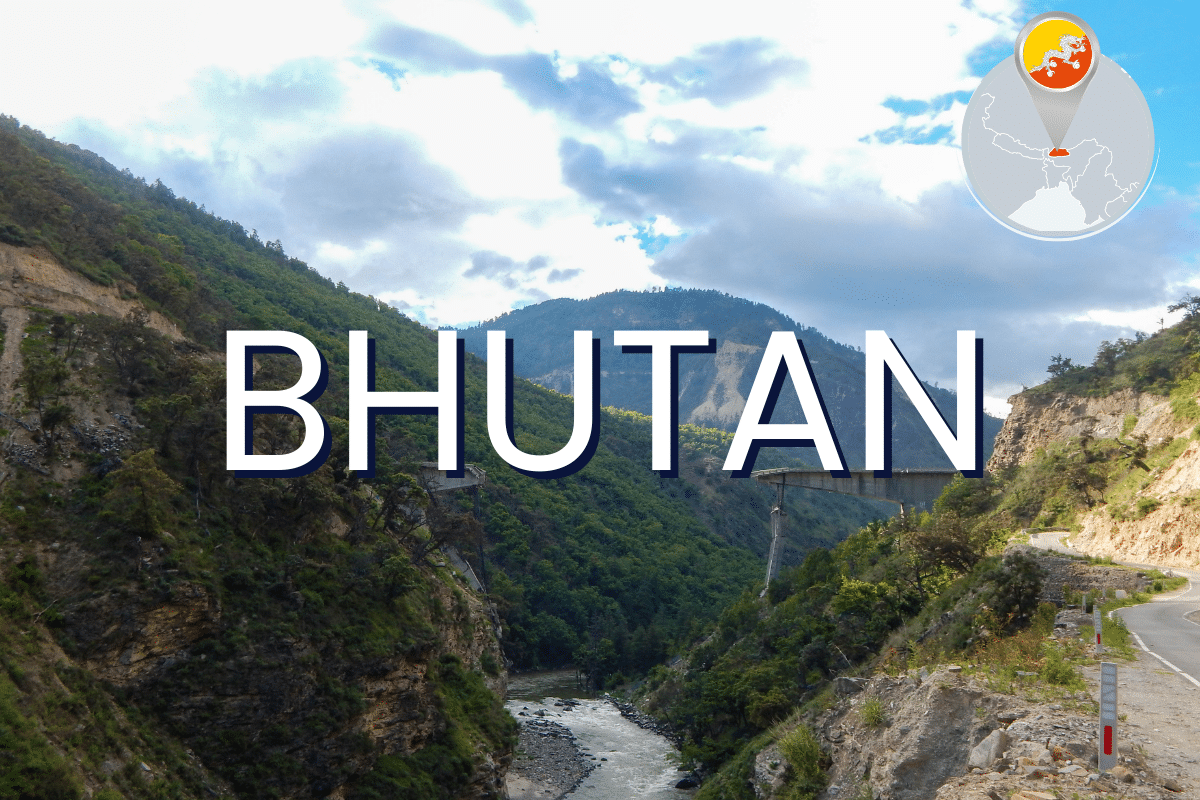
“Catalysts for Change: Voices from TAP-EDM Partnerships” Series
In Bhutan, short-term technical assistance through the TAP-EDM initiative supported the government’s efforts to strengthen mineral sector governance while balancing economic opportunities with the country’s strong environmental values. Through a Mining Policy Framework Assessment, Canadian experts worked alongside officials from the Department of Geology and Mines to build capacity, enhance coordination, and align national reforms with international best practices. In this series, project partners reflect on how targeted expertise supported their efforts.The TAP Program is funded by the Government of Canada through Global Affairs Canada and implemented by Alinea International.
Background
In Bhutan, mining is critical for socioeconomic development, but until recently, discussions on governance and sustainability were dominated by legal, economic, and technical considerations, with limited integration of geohazard perspectives. For professionals like Phuntso Choden, a geologist in the Geohazard Division of the Department of Geology and Mines, mining had always felt somewhat disconnected from her day-to-day responsibilities.
In September 2024, Phuntso joined colleagues in Thimphu for a five-day Mining Policy Framework (MPF) Implementation Workshop, led by TAP-EDM experts in collaboration with Bhutan’s Ministry of Energy and Natural Resources and the Department of Geology and Mines. Funded by Global Affairs Canada, the TAP-EDM project delivered sessions covering topics such as legal frameworks, community engagement, mine closure, and financial assurance. For Phuntso, the workshop was far more than a technical learning opportunity: it marked the beginning of a journey to broaden her perspective and discover how she could help bridge science and policy.
Phuntso Choden’s Story
“My professional focus has always been grounded in the physical sciences, understanding terrain stability, assessing landslides and earthquake risks, and conducting field investigations to safeguard infrastructure and communities,” explained Phuntso. “Prior to attending the workshop, my knowledge of mining was very minimal. I understood the physical impact of mining on the landscape, but I had very little exposure to the policy, legal, and governance dimensions that guide mining operations in Bhutan.”
As Phuntso recalls, the workshop was a turning point:
“I would say this training fundamentally shifted my perception. Through exposure to the six pillars of the MPF, especially environmental management, socio-economic benefits, and post-mining transition, I began to see how my expertise in geohazards is not only relevant but essential to sustainable mining practices.”
While her direct involvement in executing the Mining Policy Framework is limited, the training boosted Phuntso’s confidence to contribute beyond her technical role.
“I wouldn’t say it caused a rapid or significant change in my work, but eventually, I was able to add meaningful input to discussions in my division,” she added. “For example, I can now offer policy perspectives more effectively than before, thanks to the knowledge I gained from the training.”
For Phuntso, this was also a personal transformation:
“Coming from a technical background, this training has particularly empowered me to contribute beyond my technical level. Personally, it has improved my interdisciplinary actions and my resilient approach towards development in the country.”
The experience also enhanced her ability to explain how science and policy can work together. “As a geologist, I now see how I can play an important role in linking science with policy. The MPF focuses on policy, and with my scientific background, I understand how to connect the two. Good mining governance isn’t only about laws; it also involves applying the right scientific knowledge at the appropriate points.”
Conclusion
The most significant change for Phuntso has been a shift in perception. What once seemed like a distant subject has now become a space where she can contribute meaningfully.
“Before, I didn’t know how the legal and policy frameworks should work regarding mining. After participating in this training, I now recognise that there are certain rules and regulations that we must consider and adhere to. So, I would say the major change is a change in my perception.”
She now regards her field of geohazards as essential to the future of mining governance in Bhutan.
“During mine site planning or closure, geohazard assessment is really important. We should integrate policy and science; gradually, our field is coming into play.”
Her story illustrates how even a brief, targeted intervention can trigger significant personal change and broaden the influence of technical experts in policy discussions, implementation, and enduring change.
